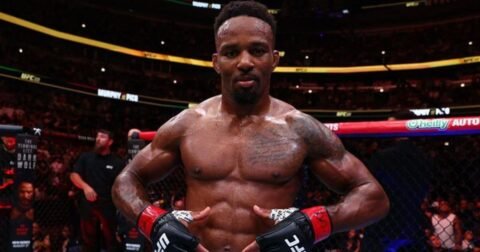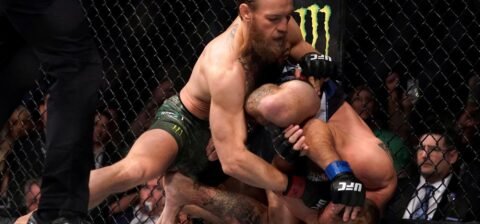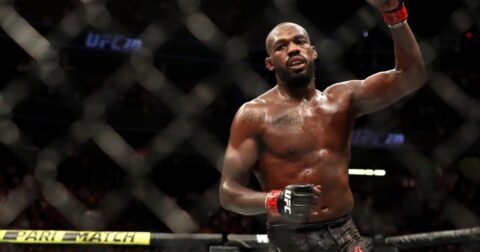In the aftermath of UFC 296, Colby Covington, known for his brash persona, veered into unexpected territory by attributing his defeat to Leon Edwards to political bias. The fiery welterweight, a vocal supporter of Donald Trump, alleged that judges penalized him for his political views, sparking a heated debate within the MMA community.
Conspiracy Theories Unleashed:
Covington didn’t mince words during the post-fight press conference, asserting, “The judges have never favoured me. They hate me because I support Trump. Everybody hates Trump in this building, so it is what it is.” This narrative aligns with his previous claims of being “shadow-banned” on social media platforms, adding a layer of conspiracy to his defeat.
Skepticism in the Arena:
While Covington attempts to weave a narrative of political bias, scepticism permeates the MMA community. Critics, including fellow fighters and analysts, argue that he is deflecting attention from a straightforward loss. The consensus from judges and online media scoring unequivocally favoured Edwards, casting doubt on Covington’s politically charged allegations.
Politics and the Octagon:
The controversy surrounding Covington’s claims delves into the intricate intersection of sports and politics. Athletes increasingly use their platforms to express political views, sometimes facing consequences. Whether Covington’s loss is genuinely entwined with politics remains uncertain, but the discourse highlights the challenges of free speech and potential biases within the sporting realm.
What Lies Ahead:
As the fallout from UFC 296 continues, Covington’s conspiracy theories linger in the MMA narrative. The unpredictable nature of the sport, coupled with Covington’s outspoken persona, ensures he remains a polarizing figure in the UFC. Only time will reveal whether his claims gain credence or fade into the background, but one certainty prevails – Covington’s controversial legacy endures







